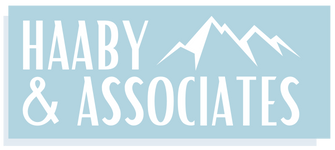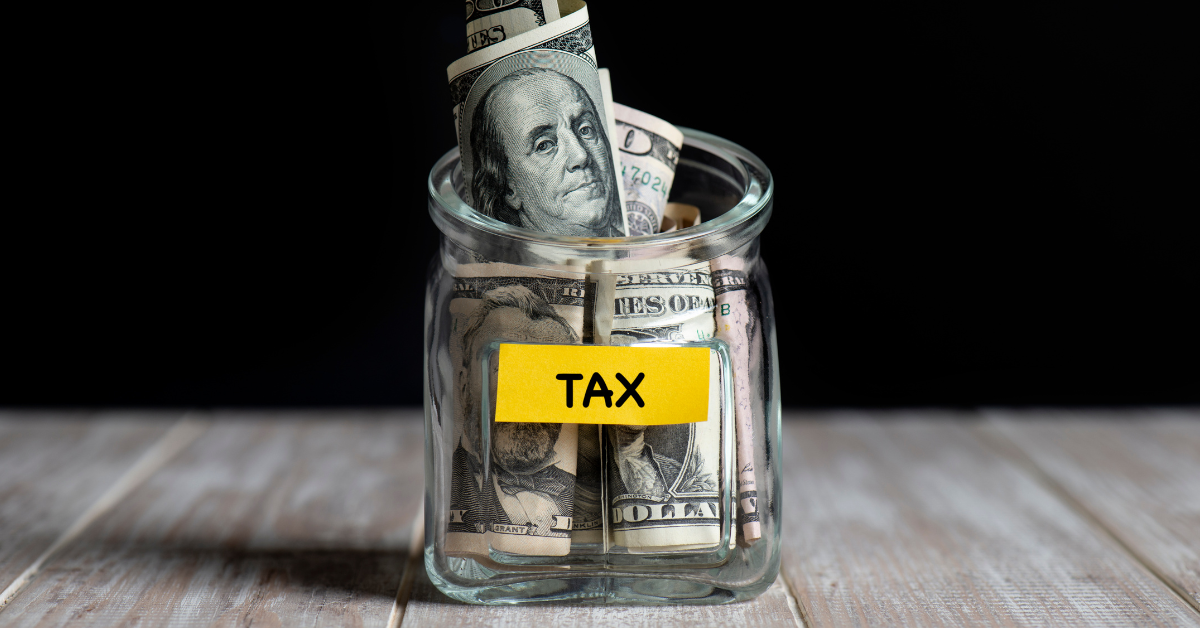If You Need To, Make Withholding Adjustments
You need to update your withholdings if you’ve experienced any changes since the beginning of the year. For example, maybe you welcomed a new baby after the month of January – and you will need to update your W-4 accordingly. This new dependent could bring some extra cash flow.
As an employee, you can reach out to your HR department to get help with your withholdings, and the IRS also provides a tax withholding estimator so you can make sure you’re withholding the right amount.
Document Everything
Keep track of all the deductions that you’ll need to reference once it comes time to file your taxes. These deductions include mileage costs, charity donations, business expenses, and more. Instead of keeping paper receipts, scan or photograph your records for digital storage. This makes for much easier retrieval, and puts you at a lower risk of losing information.
Keep an Eye on Crypto
The IRS treats cryptocurrency like property, so if you are a digital asset trader, you could end up owing taxes if you make a profit exchanging or selling those assets. To help you keep an eye on the comings and goings of your crypto, install crypto tax software like TokenTax, Cointracker, or Koinly. These applications don’t just make your life easier, they make tax professionals’ lives easier too.
Plan Ahead
If you know that changes will happen this year that could affect your 2023 tax return, look at the tax implications before you make a decision. For example, if you are considering making an investment on property to rent out for Airbnb, you should know the difference between using this property solely as a business or using it to live in on occasion. Deductions will differ depending on how you use your property, so those implications are important to know.




